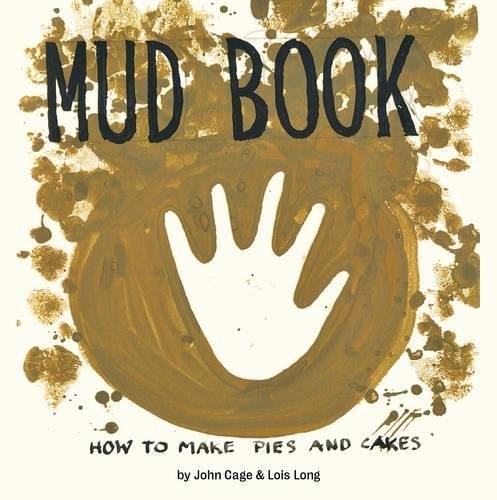Originally posted by doversoul1
View Post
Why not start a new one?

 ) - but you're right: "composition" isn't an exclusively Musical term. In my pre-"O"-Level English lessons, we had exercises in "Comprehension" (reading a previously unseen passage and answering questions to show we'd understood it correctly) and "Composition" (using techniques and vocabulary we'd encountered in our reading to create new pieces of imaginative prose or poetry). And the composition of a painting is an essential aspect of Art studies.
) - but you're right: "composition" isn't an exclusively Musical term. In my pre-"O"-Level English lessons, we had exercises in "Comprehension" (reading a previously unseen passage and answering questions to show we'd understood it correctly) and "Composition" (using techniques and vocabulary we'd encountered in our reading to create new pieces of imaginative prose or poetry). And the composition of a painting is an essential aspect of Art studies.

 ) - but you're right: "composition" isn't an exclusively Musical term. In my pre-"O"-Level English lessons, we had exercises in "Comprehension" (reading a previously unseen passage and answering questions to show we'd understood it correctly) and "Composition" (using techniques and vocabulary we'd encountered in our reading to create new pieces of imaginative prose or poetry). And the composition of a painting is an essential aspect of Art studies.
) - but you're right: "composition" isn't an exclusively Musical term. In my pre-"O"-Level English lessons, we had exercises in "Comprehension" (reading a previously unseen passage and answering questions to show we'd understood it correctly) and "Composition" (using techniques and vocabulary we'd encountered in our reading to create new pieces of imaginative prose or poetry). And the composition of a painting is an essential aspect of Art studies.
Comment